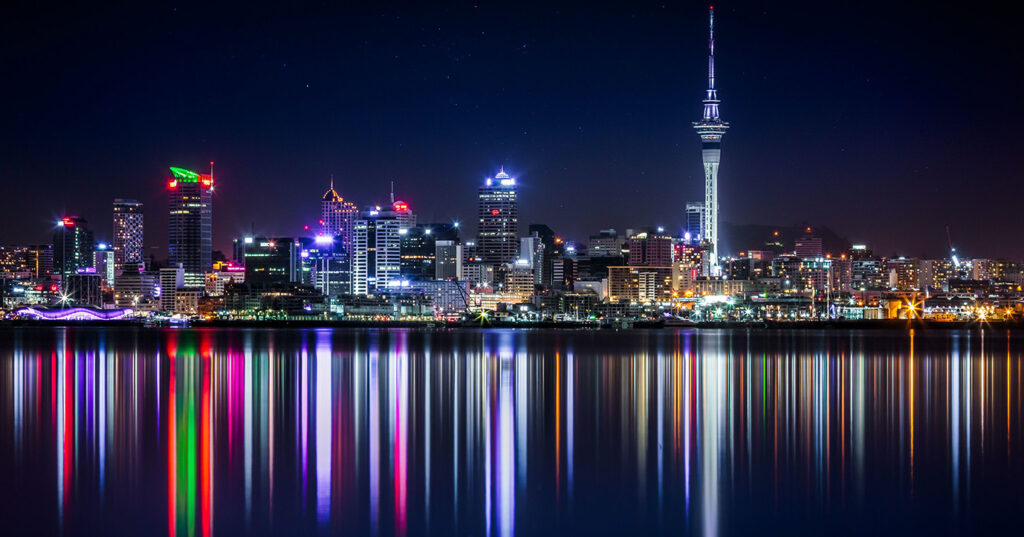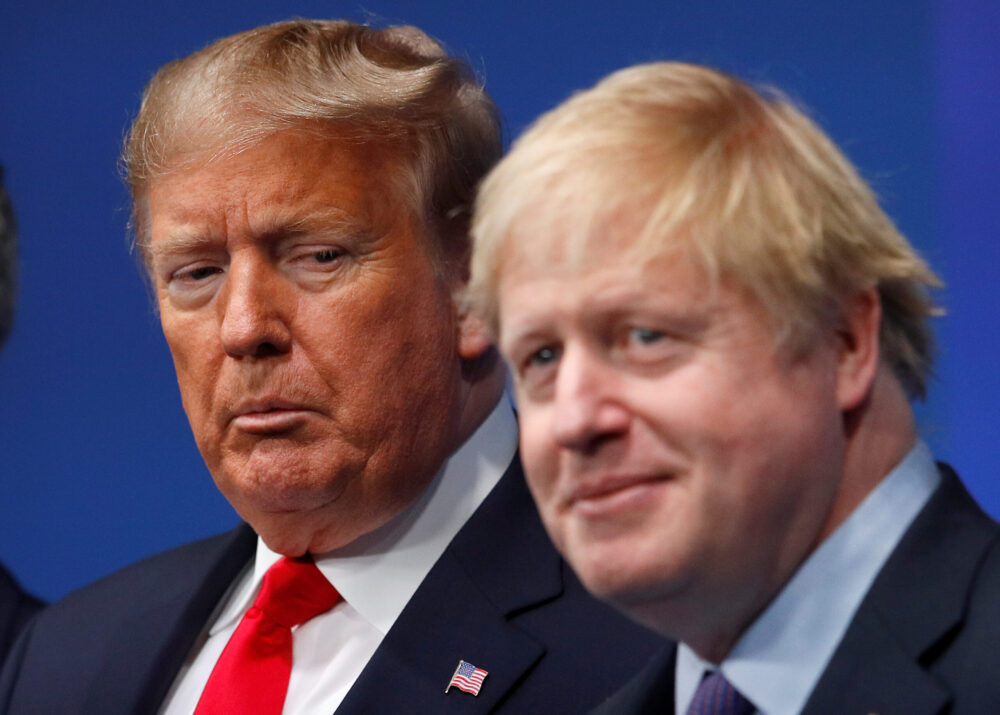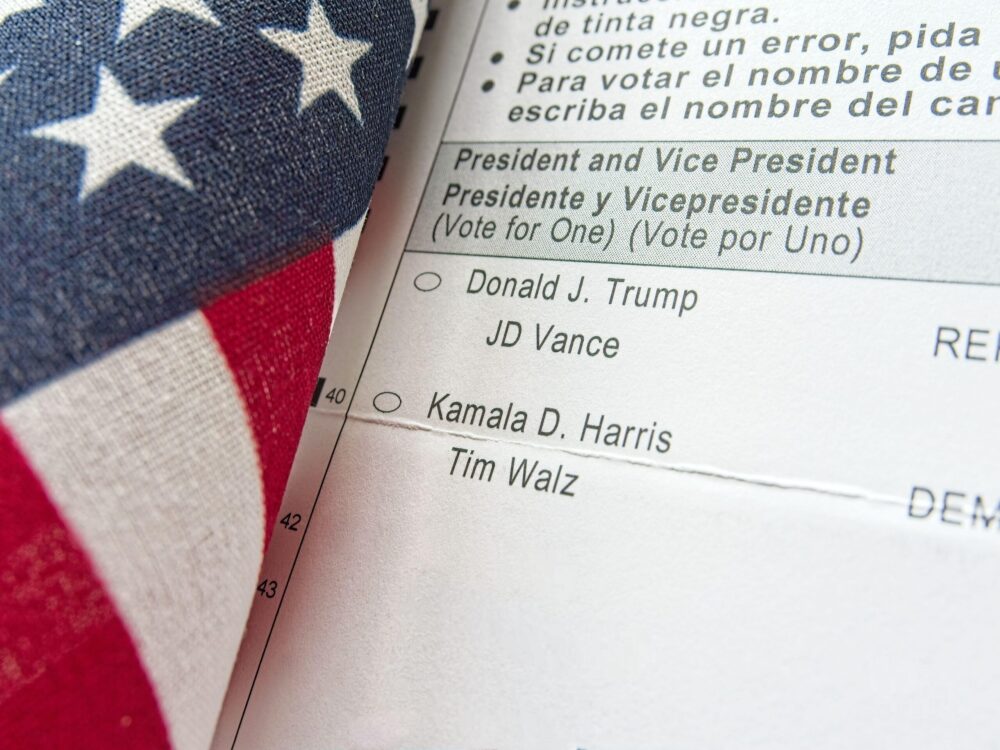
Download the full report here
If it seems odd that a British businessman and philanthropist should devote nearly three months to researching and analysing politics and public opinion on the other side of the world, let me explain.
The first reason is that over the years I have been fortunate enough to spend a good deal of time in New Zealand. I have many friends there, and I’m always eager to discover more about this beautiful and remarkable country. I hope this research – encompassing New Zealanders’ attitudes to political and social issues, the economy, their country’s overall direction and its place in the world – will prove valuable to anyone interested in the subject.
The second is that I was keen to see how the dynamics that have shaped recent politics in the UK, the US and Europe, where I have conducted most of my research to date, are making themselves felt in other democracies. As honorary chairman of the International Democrat Union, the global alliance of centre-right political parties, I have a further interest in studying how voters around the world view the challenges and opportunities that face them and the impact this has on political debate.
Third, New Zealand has enjoyed unaccustomed worldwide attention thanks to its response to the covid pandemic, propelling Prime Minister Jacinda Ardern to the status of an international celebrity. I was intrigued to find out more about her apparent political success and to see whether New Zealanders themselves accord their leader as much reverence as do the pundits overseas – and where this leaves the National Party opposition.
In fact, my research – comprising a 5,000-sample poll and focus groups of New Zealanders from a wide range of backgrounds throughout the country – found very wide support for the way Ardern handled the pandemic in its initial stages. Although people readily acknowledge that geography played a part in helping shield New Zealand from the virus, her decision to lock down “fast and hard” when the crisis struck is widely applauded. Her ability to speak for and to the country – as in the aftermath of the Christchurch mosque shootings in 2019 – are appreciated across the political spectrum.
More than eighteen months after the covid outbreak, however, an unmistakable element of frustration has begun to creep in. Many see the country’s sluggish vaccine programme as a failure that has held back the return to normality (“there are countries that end with ‘-stan’ that have had better vaccine rollouts than we have,” as one voter complained). The government’s recent move away from its “zero covid” policy, which many saw as a recipe for permanent isolation and endless lockdowns at a time when the rest of the world was approaching business as usual, is no doubt partly an acknowledgment of that growing impatience.
Despite this, Ardern dominates the scene after last year’s convincing election victory and is far and away the country’s most popular political figure. The National Party, by contrast, seems to people to be divided and demoralized, and with no clear sense of direction. It is hard to escape the parallels with the UK Conservatives in the early years of Tony Blair, when the Tories found it hard to gain a foothold in public debate. Add to that the presence of covid as the pre-eminent issue of the day, and – again, in common with Britain’s current Labour opposition – it is an uphill struggle to win any kind of hearing.
There is no quick or easy way back for a party in such a position, and no substitute for hard work and patience. (Former Tory leader William Hague predicted at the time that voters’ attitude to Blair’s New Labour would go through four phases: fascination, admiration, disillusionment and contempt. As he now says, he was right, but he didn’t expect it to take 13 years). This is especially true in the absence of a seismic catalyst for change on the scale of Brexit, which radically realigned party support in Britain and helped propel Boris Johnson to an 80-seat majority with the backing of many former Labour voters in seats the Conservatives would once have thought unwinnable.
But we did detect some straws in the wind. Whether people feel life in their country is better or worse than it was 30 years ago can be a telling barometer of opinion. The fact that I found voters split down the middle on this question does not signal a general moral malaise but a nagging doubt as to whether the kind of life New Zealanders would recently have aspired to as a matter of course was now attainable for any but the most fortunate. Voters rate housing as the single most important issue facing the country, even ahead of dealing with the pandemic. Whatever the causes – new infrastructure failing to keep pace with immigration, or homebuyers being priced out by investors driven into property by low interest rates – the results are clear to them: growing inequality between those on and off the property ladder, parents worried about prospects for their children, and young people wondering at the point of trying to make a go of things in New Zealand. Some told us they felt that whether or not they were successful in life was now completely out of their hands.
Such views are not universal – most still feel lucky to be what they believe is still one of the best places in the world to live – but other pressures are crowding in. The cost of living was spiralling, people told us; healthcare was not what it should be (the Starship national children’s hospital having to screen TV ads to fundraise for new intensive care beds was cited many times), transport infrastructure was lacking, and crime was becoming a frightening feature of daily life in what people had always considered an unusually safe and peaceful country.
Nor is Ardern herself politically invulnerable. Her saintly demeanour has so far served her well, but this was the subject of more than a few tongue-in-cheek references during our research. There is also a feeling that she benefits from very professional but tightly controlled PR. When we asked our focus groups to imagine each political party as a house (another revealing exercise, however fanciful it may sound), most thought Labour’s would be a normal, cheerful, comfortable sort of place – but “there would be portrait of Jacinda in the hallway, like Mother Teresa” and the Prime Minister herself would be “in the kitchen, pretending to cook.”
No-one will criticise a leader for good presentation, but these things could soon start to grate as attention turns from the pandemic towards her biggest Achilles heel: delivery. The failure of the Kiwibuild scheme to come anywhere close to meeting its homebuilding targets is only the most glaring example of the gap people are beginning to see between empathy and results.
This presents an opportunity for the National Party, but there is also a trap. Parties often assume that the things that most annoy them about their opponents are also their opponents’ biggest weaknesses, but this is not always true. One big concern for the current opposition is the government’s approach to the rights of indigenous people, crystalised in the plan for a new Māori Health Authority to work alongside Health NZ. The concern – respectable enough and shared by many New Zealanders – is that separate institutions and public services based on culture and ethnicity are more likely to divide people than unite them. But as with so much in politics, motivation is crucial: such a message must go alongside a clear determination to deal with the real problems – in this case, serious health inequalities – that gave rise to the idea in the first place. By the same token, there is no mileage for the right in trying to politicise questions like transgender rights, which voters from all parties told us they consider a private matter of personal decency and social acceptance. Launching any kind of “war on woke” by putting such cultural questions at the forefront of party political debate would be regarded as horrifyingly American and met with distaste.
One advantage National has over its Blair-era sister party is that its brand is not nearly as badly broken. It needs to be reinvigorated, but not detoxified. National is not seen as the nasty party, as the Tories once were, and many still associate it with business and sound economic management. In time, a left-leaning government failing to deliver on its promises while a generation wonders where its opportunities will come from ought to provide ideal territory for a pro-enterprise centre-right party. As things stand, however, its lunch is being eaten by ACT, whose distinctively libertarian message is finding a ready audience among those who feel the principal opposition has run out of steam. But as the bigger and more established party, only National is seen as an alternative government.
As anyone who was there during the Tories’ extended stint in opposition will tell you, there are no shortcuts back to power for a party ejected from office. What matters is the voters. As in the UK and elsewhere, they are willing to cut the government some slack while it deals with a crisis. But the post-covid questions are piling up, on housing, crime, transport, health, infrastructure and the restoration of the “Kiwi dream”. Before long, the voters will be looking for answers. Parties on either side that drift off into their own marginal preoccupations will come unstuck. Parties that have those answers will be in government.


